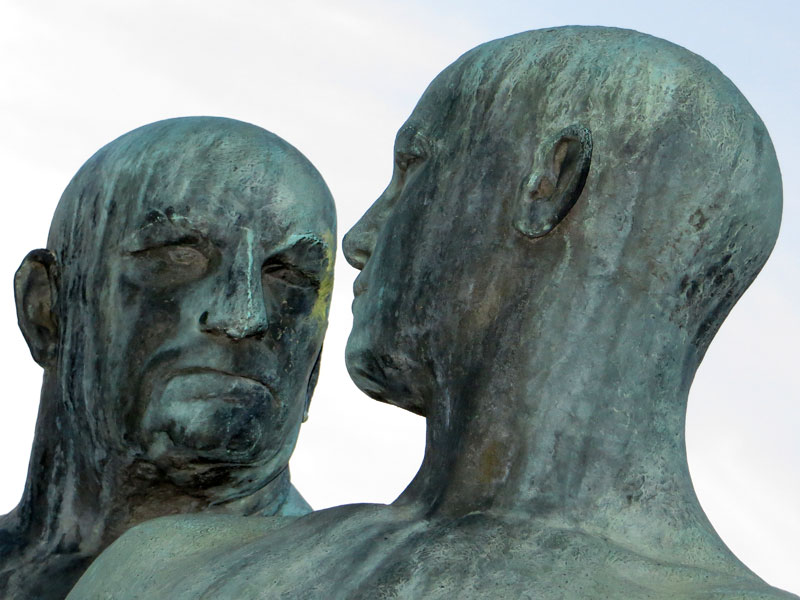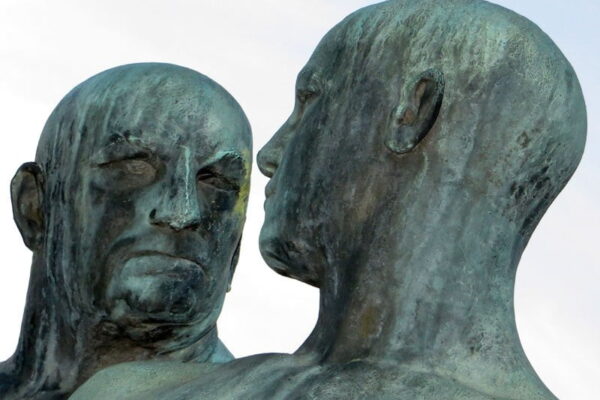
The mention of Philip Seymour Hoffman in Jason Schwartz’s blog post yesterday provoked a memory. Thomas McLellan, a prominent US addiction researcher and policy advisor, lost his son to an overdose in 2008. He wrote a piece in the Huffington Post a few years ago which has stuck with me. A journalist who had interviewed him referred to the late actor Philip Seymour Hoffman as ‘a weak piece of shit’.
Says McLellan:
“Even as I sit here several days later, I am dumbstruck by the callousness, the audacity, and most of all, the ignorance of this comment.”
He goes on to say:
“Overdosing on heroin doesn’t make you a scumbag. Having a drink after 20 years of sobriety doesn’t make you weak. Having an addiction is not a moral choice. In fact, I think it is accurate to say that having an addiction is not a choice at all.”
Thomas McLellan
He points to the research evidence around the disease of addiction and the effects on the parts of the brain governing judgement, inhibition, motivation and learning and points out that nobody has their first drink with the intention of going on to be an addict. He says:
“I wonder how the media or the public would have reacted if Mr. Hoffman had passed away as a result of another disease that he had been struggling against for 23 years? Say cancer? I think the young actor’s triumph over cancer likely would have been celebrated throughout his career as an example of his personal strength.”
He concludes:
“The science is… strong in the case of addictions and it is time that media and public perceptions about addiction catch up with the science about this disease. Until that happens, too many talented and extraordinary people will struggle in silence and die in the shadows of shame.”
(This is a version of a previously published post)
